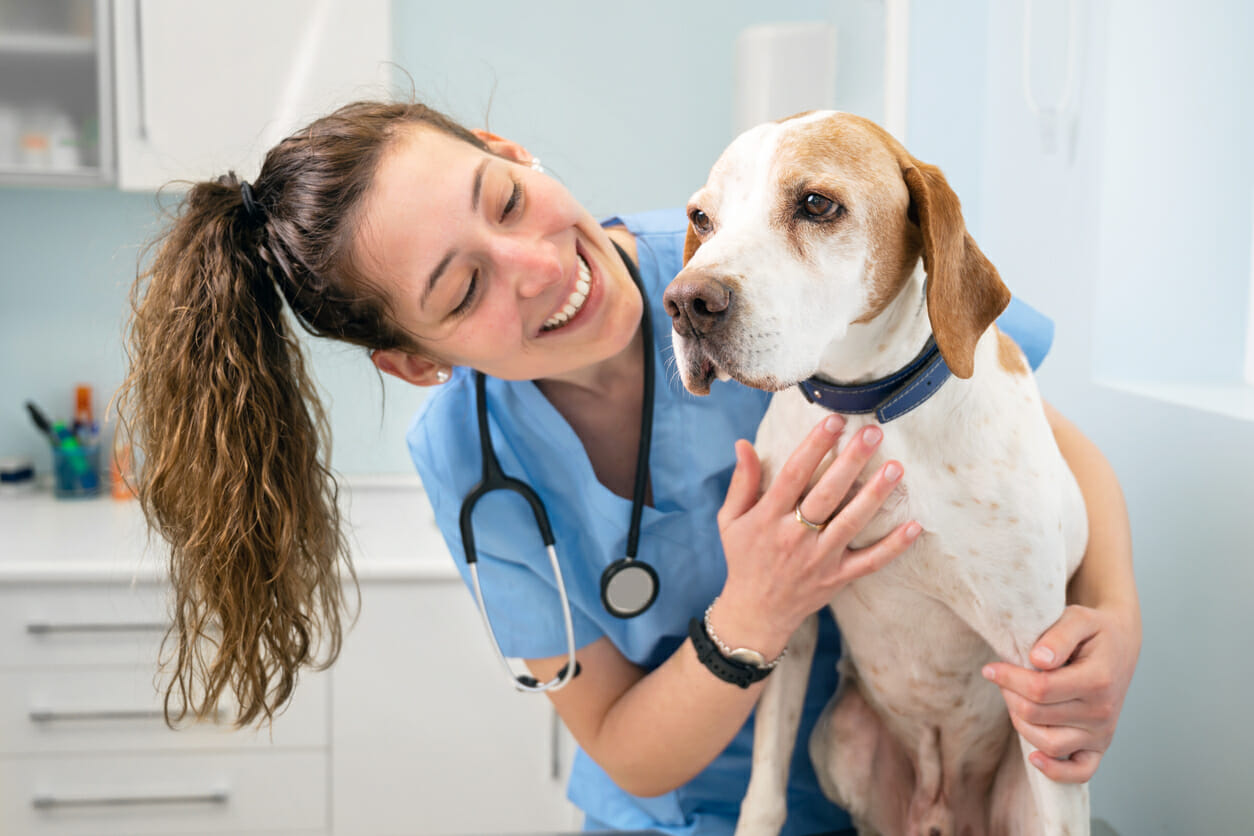With the advent of warmer weather and the influx of summer puppies, pet owners face heightened risks of canine parvovirus infection, commonly known as parvo. This highly contagious and often fatal disease poses a significant threat to dogs, particularly puppies and those that are unvaccinated. In Arizona, where this condition is prevalent, being well-informed and prepared is crucial for pet owners to ensure the safety and health of their furry companions during parvo season.
MORE NEWS: Top 5 dog names in Arizona and in the U.S.
Peak Parvo Season in Arizona
In Arizona, during spring and summer we get out more and have potential to visit social areas potentially common to unvaccinated dogs. An infected dog can leave bodily fluids that are particularly hardy outside and can infect another dog simply through grass, ground or water. Pet owners need to be especially vigilant during these peak seasons, as the likelihood of their pets contracting the disease significantly increases. Understanding the seasonal dynamics and environmental factors contributing to these infections can help pet owners take preemptive measures to protect their pets.
Recognizing Signs and Symptoms
Early detection of parvo is critical for effective treatment and recovery. Pet owners should be educated on the key signs and symptoms to look out for. These include:
• Lethargy: A sudden decrease in energy levels and reluctance to engage in normal activities.
• Vomiting: Frequent episodes of vomiting, often severe and persistent.
• Diarrhea: Bloody and foul-smelling diarrhea, which can lead to severe dehydration.
• Loss of Appetite: A noticeable decline in the dog’s desire to eat.
• Fever: Elevated body temperature indicating an ongoing infection.
Recognizing these symptoms promptly can make a significant difference in the prognosis of an infected pet. Immediate veterinary attention is essential to begin supportive care and antiviral treatments, increasing the chances of survival and recovery.
Vaccination Process for Parvo
Prevention through vaccination is the only effective defense against parvo. The vaccination process typically involves a series of shots starting when the puppy is 6-8 weeks old, followed by boosters every 3-4 weeks until they are about 16 weeks old. Puppies born in spring need to be vaccinated at 8 weeks as they run out of mother’s immunity, which lands them in summer. Adult dogs that have not been previously vaccinated or whose vaccination status is unknown should also receive the vaccine. The efficacy of the parvo vaccine is well-documented, significantly reducing the risk of infection. Educating pet owners on the importance of adhering to the vaccination schedule can lead to higher compliance and a healthier pet population overall.
Cost of Parvo Treatment
While vaccination is the most cost-effective method to prevent parvo, the reality is that some pets may still contract the disease. Treating parvo can be financially burdensome, often involving several days of intensive veterinary care, hospitalization, and supportive treatments such as intravenous fluids and medications. The costs can quickly escalate, making it a heavy financial strain for many pet owners to the tune of several thousand dollars while going untreated parvo has a 90% mortality rate. Highlighting the economic implications of treating parvo reinforces the importance of investing in preventive measures like vaccination. Additionally, understanding the potential financial impact can help pet owners plan and make informed decisions about their pets’ healthcare.
As warmer weather and summer puppy season bring a surge in parvo cases, Arizona pet owners must remain vigilant and proactive. Awareness and education about the peak seasons, recognizing symptoms, the vaccination process, and the costs associated with parvo treatment are essential in safeguarding dogs from these serious infections. By taking preventive measures and staying informed, pet owners can ensure their beloved pets remain healthy and protected throughout these challenging seasons.
Authors: Dr. Kelly Patriquin, DVM, and Doug Patriquin, CEO, are the owners of Dr. Kelly’s Surgical Unit, a specialized veterinary practice, offering affordable and convenient surgical care for pets at 6 locations in the Phoenix and Tucson Metro areas. Services include a variety of low-cost surgical care including spay/neuter, dental cleaning and extractions, mass removals and more. For more information, visit https://www.drkellysvet.com.




